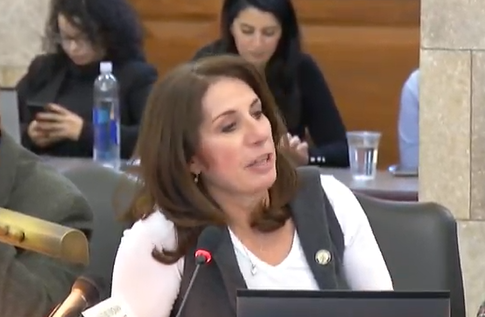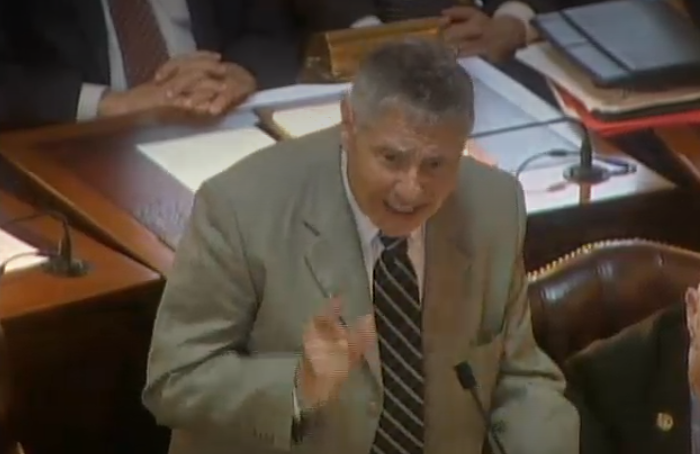New Jersey is facing a severe teacher shortage, and Assemblywoman Pamela Lampitt has proposed a plan to address the issue. The plan includes increasing funding for teacher preparation programs, providing incentives for teachers to work in high-need areas, and improving working conditions for educators.
The shortage of teachers in New Jersey has been a growing concern for years. According to the New Jersey Department of Education, there were over 2,000 teaching vacancies in the state at the start of the 2019-2020 school year. This shortage is particularly acute in certain subject areas, such as math and science, as well as in urban and rural districts.
Assemblywoman Lampitt’s plan aims to address these shortages by increasing funding for teacher preparation programs. This will help to attract more people to the teaching profession and ensure that they have the necessary training and support to be effective educators. The plan also includes incentives for teachers to work in high-need areas, such as loan forgiveness programs and bonuses for those who teach in underserved communities.
In addition to these measures, the plan also seeks to improve working conditions for teachers. This includes reducing class sizes, providing more resources and support for educators, and increasing pay for teachers. By improving working conditions, Lampitt hopes to attract more people to the teaching profession and retain experienced teachers who might otherwise leave due to burnout or dissatisfaction with their jobs.
The proposed plan has received support from education advocates and lawmakers alike. New Jersey Education Association President Marie Blistan praised the plan, saying that “it recognizes the critical role that teachers play in our communities and our schools.” State Senator Teresa Ruiz, who chairs the Senate Education Committee, also expressed support for the plan, calling it a “comprehensive approach” to addressing the teacher shortage.
While Lampitt’s plan is still in the early stages of development, it represents an important step forward in addressing the teacher shortage in New Jersey. By investing in teacher preparation programs, providing incentives for teachers to work in high-need areas, and improving working conditions for educators, the state can ensure that all students have access to high-quality education and that teachers are supported in their important work.




